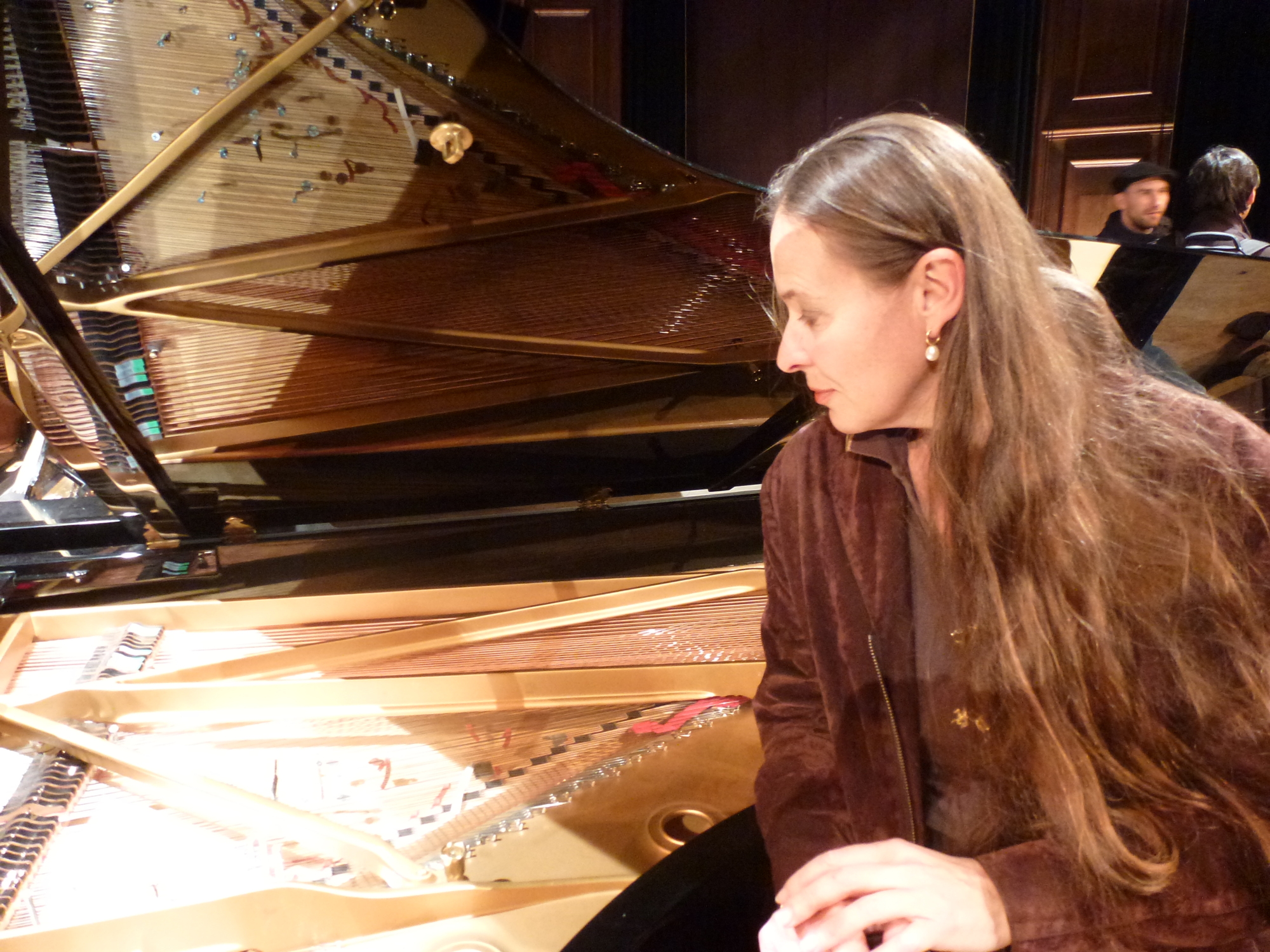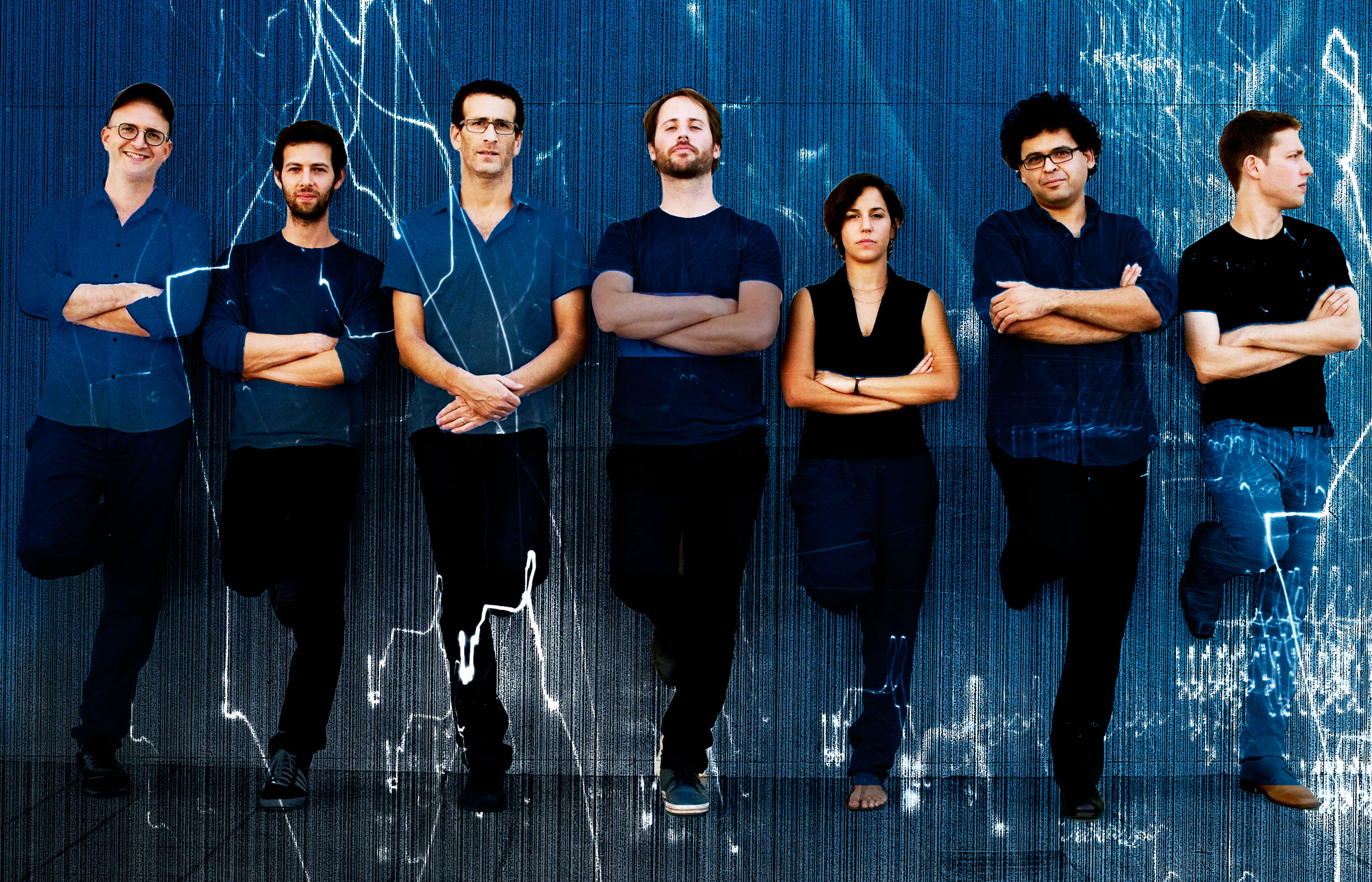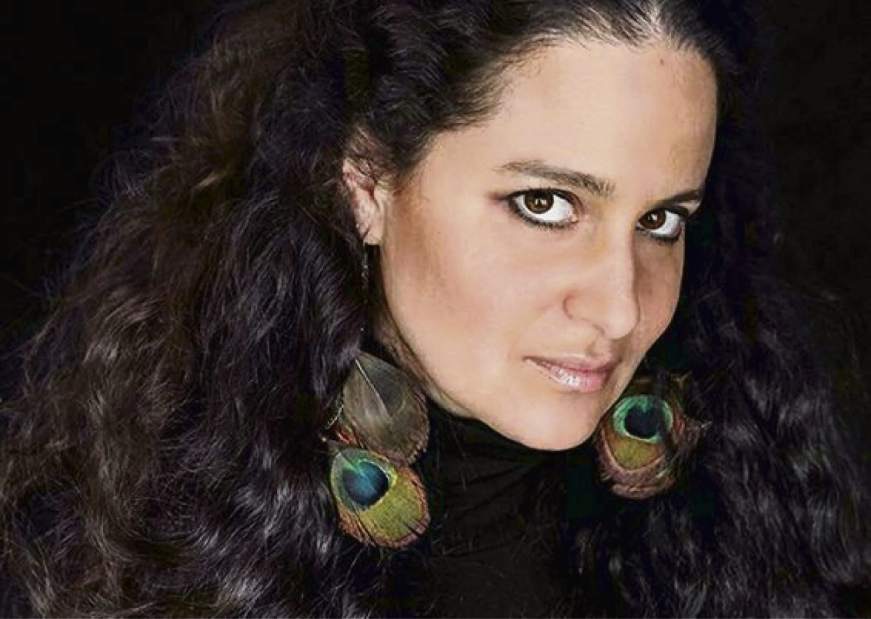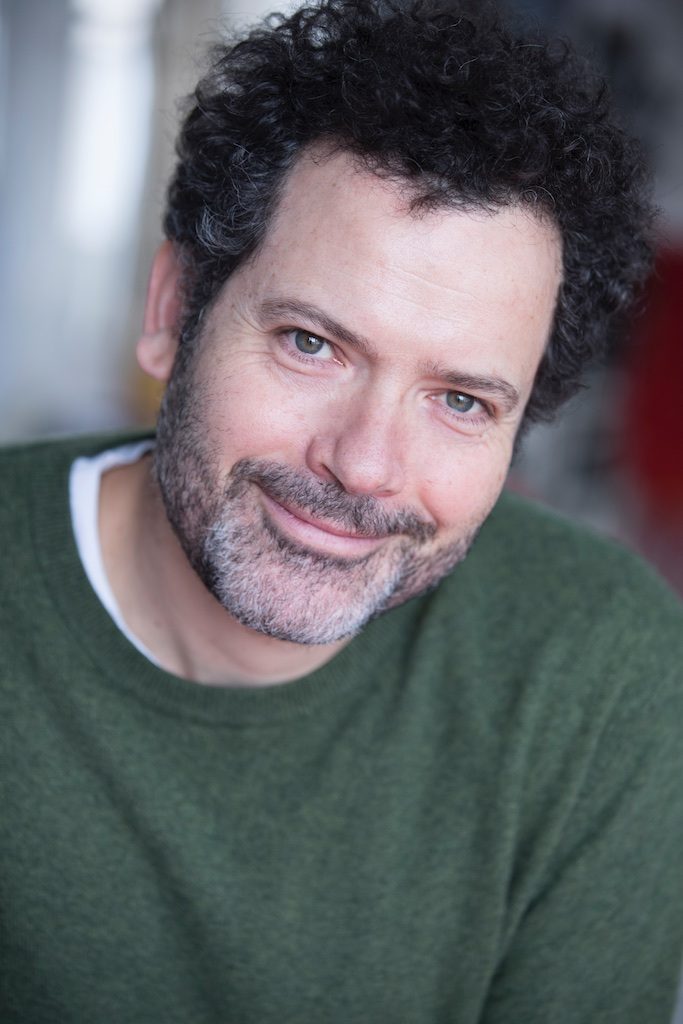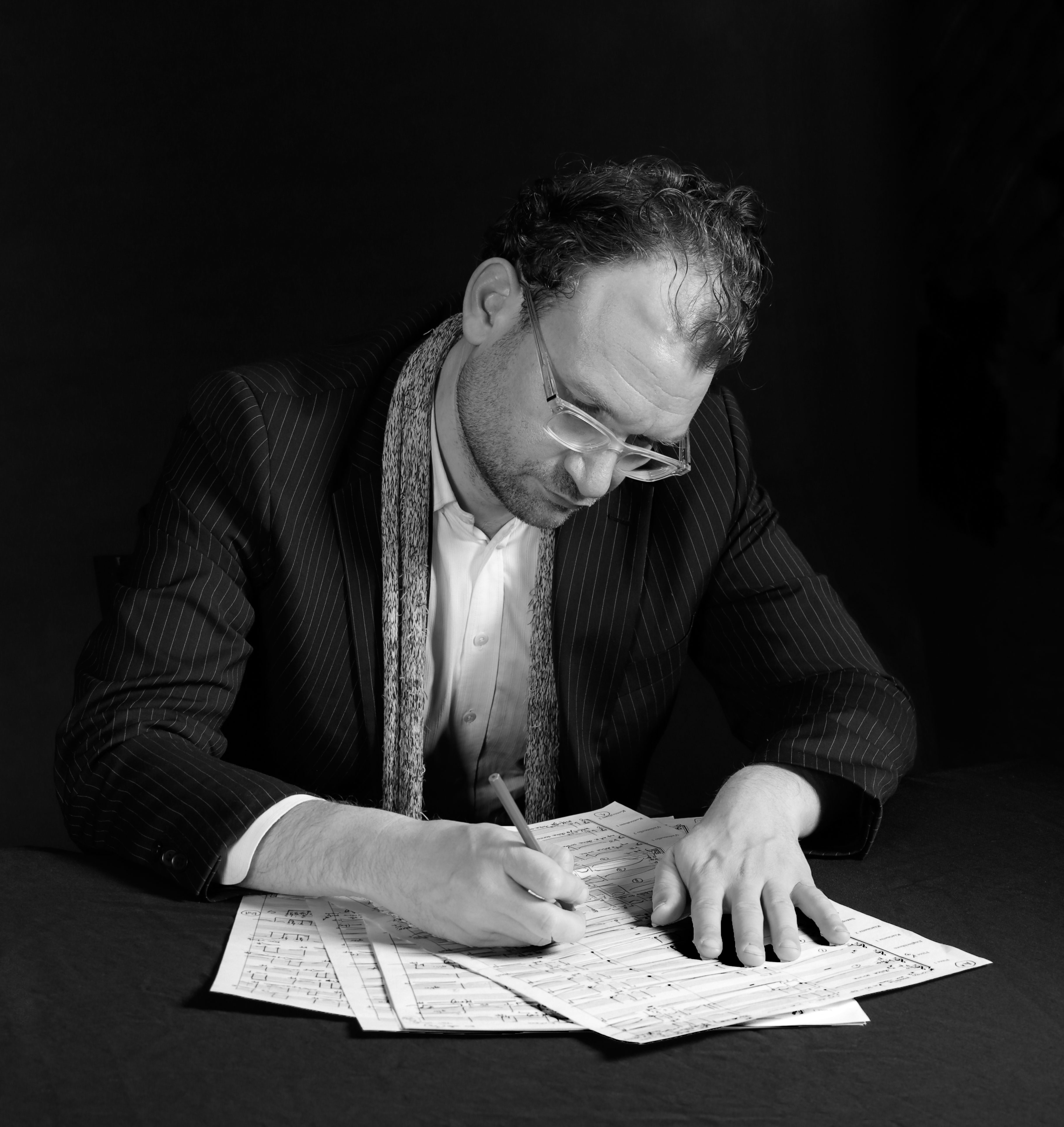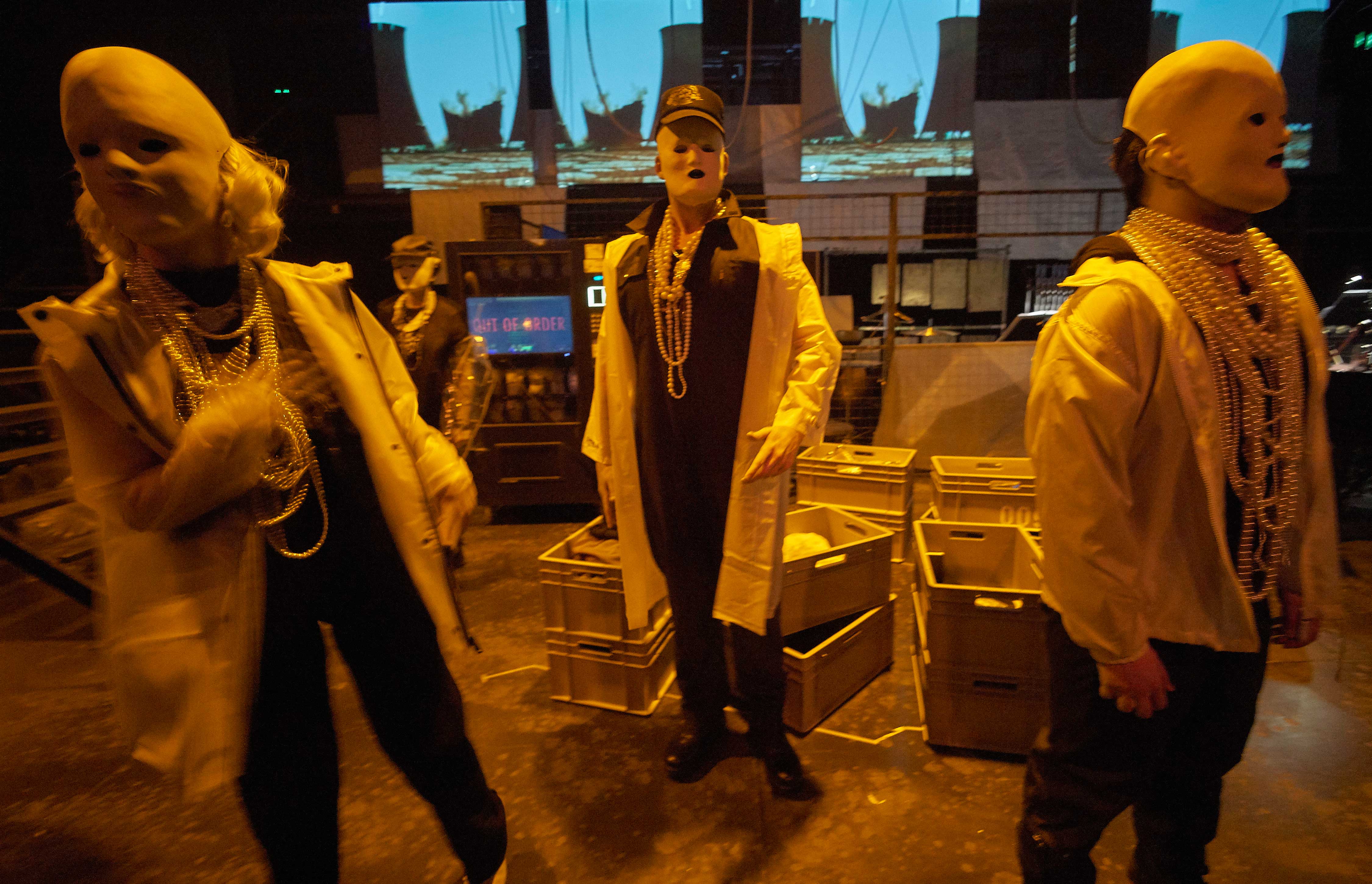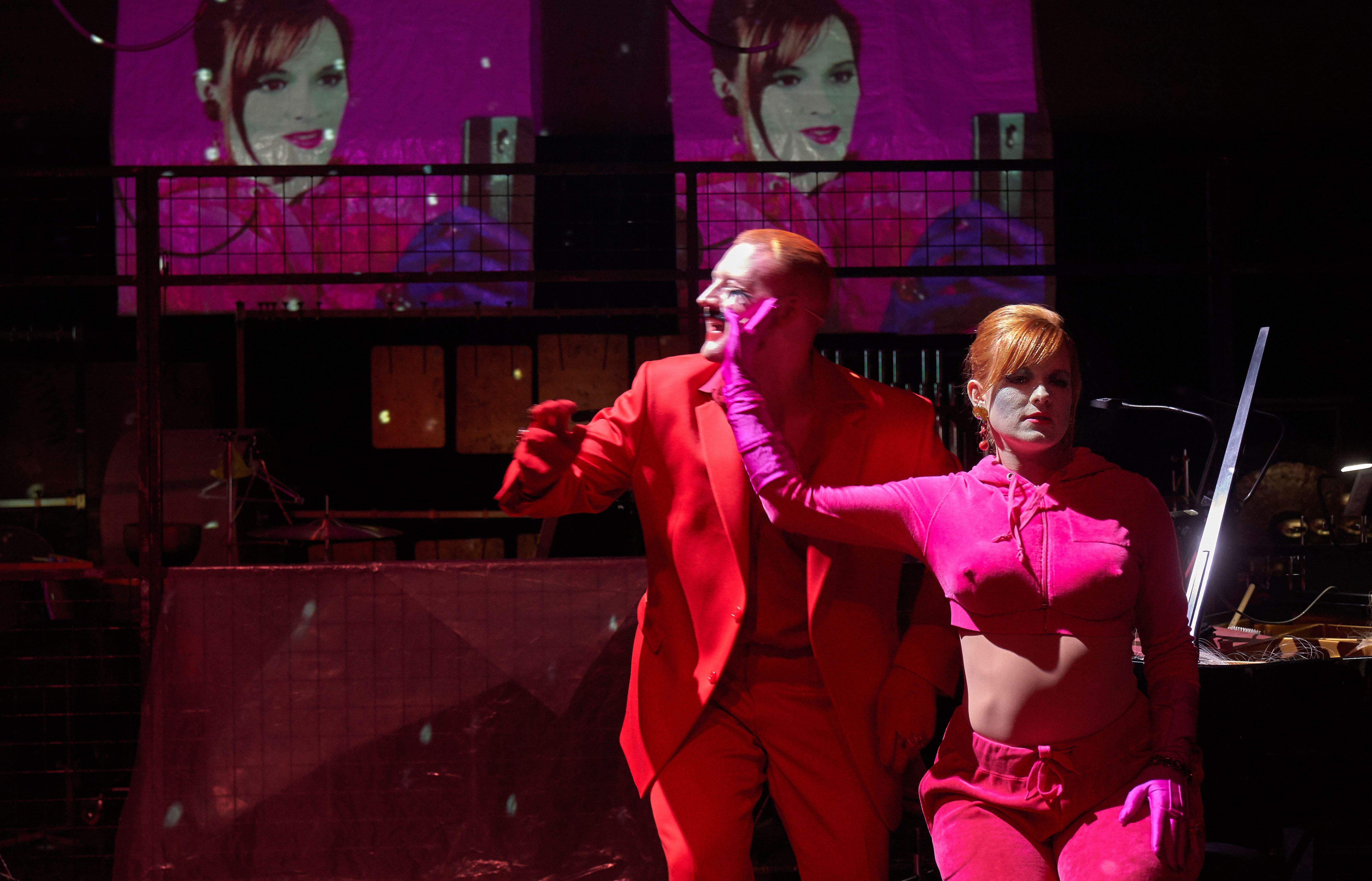The small and eclectic Usinesonore festival in the Bernese Jura should have taken place from June 10 to 13. Unfortunately the new resolutions and guidelines issued by the authorities and allowing certain smaller events to take place came have been communicated slightly too late, even if the new rules would have applied precisely from the first day of the festival onwards. This is all the more painful as the festival is only a biennial event and we may have to wait until 2022 for the next edition. On the other hand, the Les “Battements de l’Abbatiale” concert series in Bellelay will be taking place.
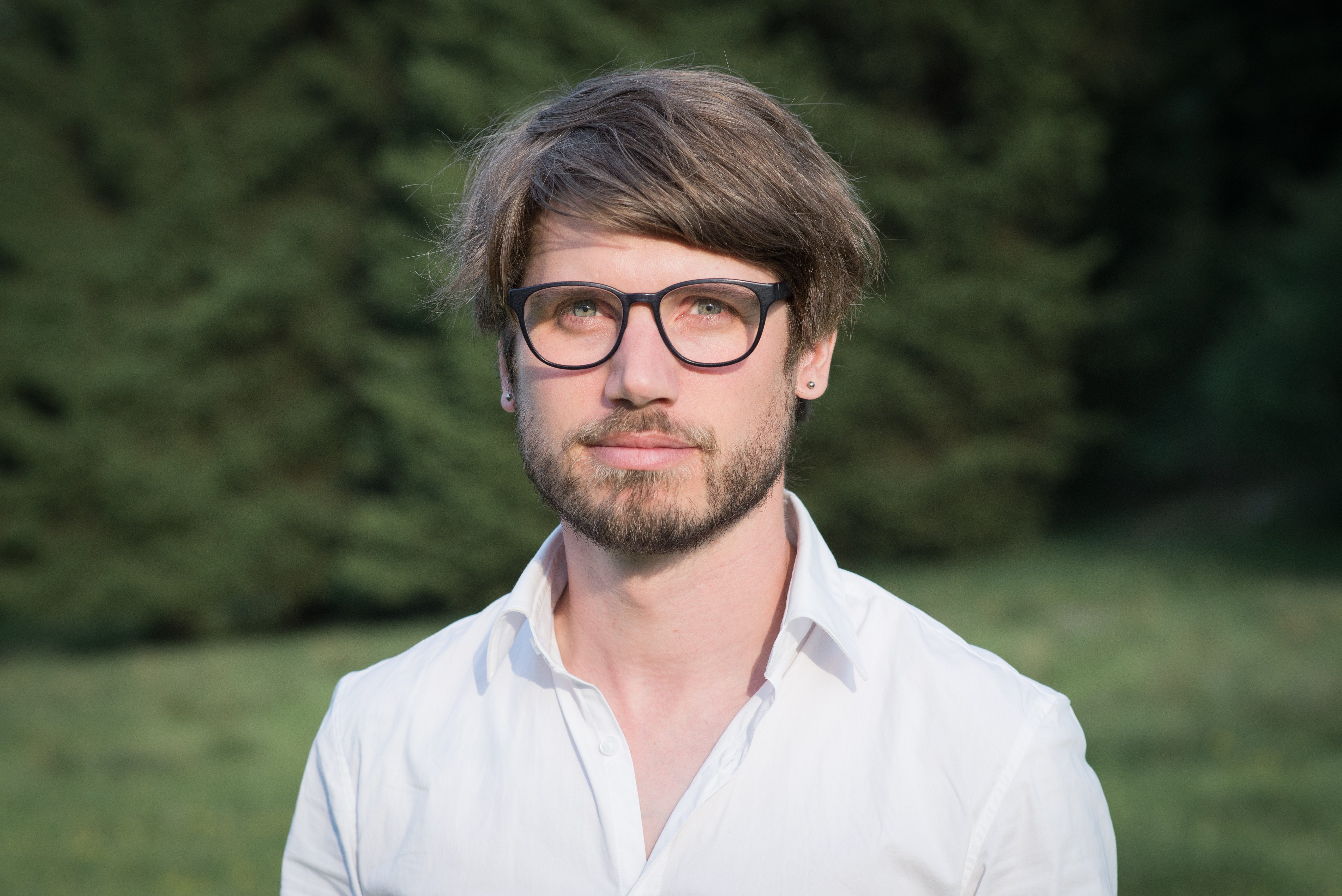
Julien Annoni, co-director of Usinesonore and director of Les Battements de l’Abbatiale, tells us about new opportunities during these Covid-19 times and why streaming cannot be considered an option for these kinds of events.
Interview: Bjørn Schaeffner
Julien Annoni, Usinesonore was to take place from 9 to 13 June. What will we miss out on?
As always, a diverse programme ranging from contemporary music to traditional music and other artistic disciplines. We try to keep things as close as possible to the audience. As for the big names: Among others, a concert with Renaud Capuçon. Plus we had designed a wonderful tent again, especially for this year’s edition.
When did you realise that the festival had to be cancelled?
Early April. Two months before the official start of the festival was the very last deadline we had set, in order to keep things as harmless as possible organization wise.
Now the lockdown is over…
I’m glad, of course. It’s positive signal for Switzerland and for all those who work in the cultural field!
Doesn’t it bother you that the festival could theoretically have taken place? The authorities just decided that events with up to 300 people will be allowed again from June, 6 onwards.
The only possible way would have been to reduce Usinesonore and we knew from the beginning that this was not an option. Under these circumstances, the atmosphere of the festival would have been distorted.
Usinesonore 2018, Gérard Grisey, Le noir d’étoiles, WeSpoke
Why is that?
Because it would have happened at the expense of quality and we don’t want any compromise on that aspect.
But again: Isn’t it annoying to miss it all by a hair’s breadth?
It’s of course a pity. We had already put a lot of heart and soul into it. But in hindsight, one’s always much smarter.
What does the cancellation of the festival mean for you financially?
We’re doing relatively well. The Canton of Berne as well as the majority of the foundations supporting the festival have been very accommodating and kept their subsidies and contributions.
And what does it mean for the artists?
We can pay a large part of their fees and production costs and thus partly compensate for their work loss.
You have made the Biel festival premises which have become vacant, available to other artists free of charge.
Yes, of course, we did that very spontaneously so that people can rehearse there, or work on productions. Artists will be working there until the end of July, be it just for a few days or a week. Among others, Collective Mycelium, Camille Emaille, Lucie Tuma, Paquita Maria or Adrien Gygax with lot of enthusiasm even if nothing will be presented to the public!

Are you, as a musician, affected by the crisis yourself?
I sure felt it financially. On the other hand, I enjoyed spending more time with my family, as in normal times I am on the road a lot.
A streaming Usinesonore was never an option?
We thought about the possibility, but decided against it. Usinesonore lives from the exchange with the audience and the whole atmosphere, which could never be replaced by a streaming format.
Trailer Usinesonore Festival 2014
Can you imagine digital formats for Usinesonore in the future?
Yes, definitely, but the outcomes are completely open. We are brainstorming, researching and setting bases something new.
Will Usinesonore take place next year?
It might, but it could also not take place until 2022. We don’t know yet. We are taking advantage of the time at hand, to intensively think about how the festival could be shaped in the future.
So you see this crisis as an opportunity?
Right. It is quite unique to get the chance to completely reinvent a festival.
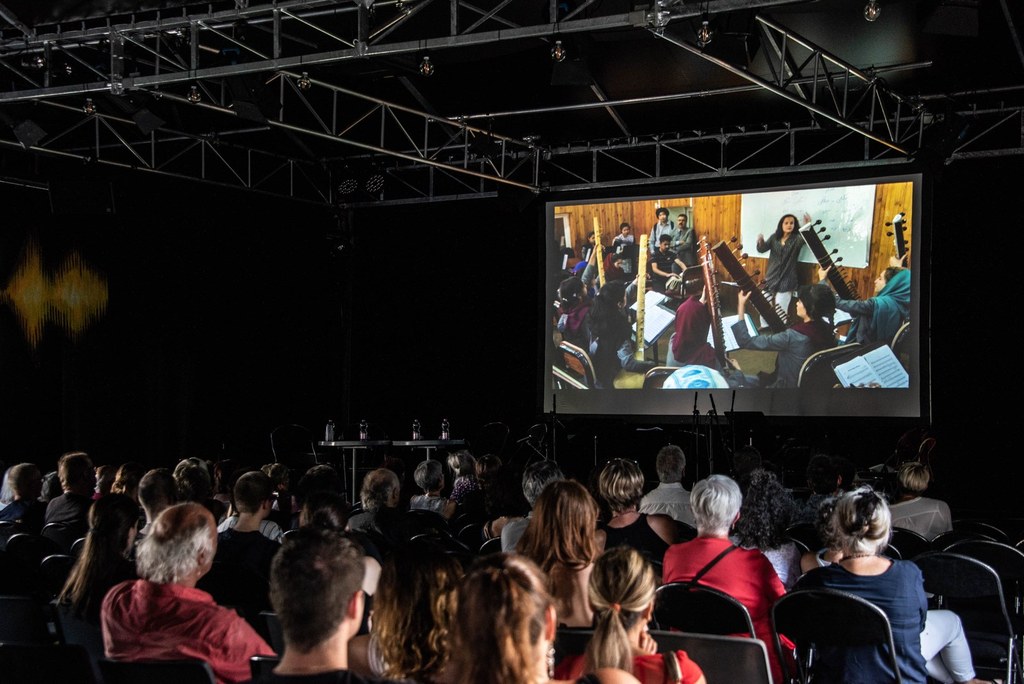
What else are you looking forward to?
To the concerts in the historical abbey of Bellelay, but those have nothing to do with Usinesonore. It is the result of three years of work, a season of ensemble concerts – I had invited Carine Zuber (Moods), Claire Brawand (Label Suisse) and Arnaud Di Clemente (Cully Jazz) as programmers. We had to cancel the part of the season, but at least some of the planned events between end of August and mid-September will take place.
Bjørn Schaeffner
Usinesonore Festival takes place biennially in June in La Neuveville. The next planned edition is in 2022.
The “Les Battements de l’Abbatiale” concert series will take place – as one of the first events in the Jura – from 29 August (Ensemble Contrechamps Genève) onwards.
Usinesonore Festival, Les Battements de l‘Abbatiale, Julien Annoni/WeSpoke, Kollektiv Mycelium
Neo-Profiles: Usinesonore Festival, Les Battements d’Abatiale, WeSpoke, Kollektiv Mycelium


